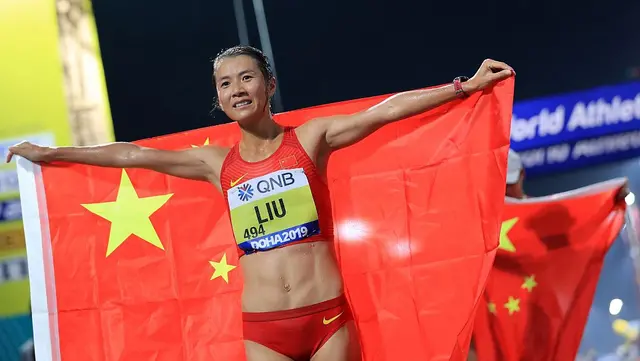The chairman of Iran's Assembly of Experts urged the country's nuclear negotiators on Tuesday to protect what he called the "nuclear rights of Iranians" in ongoing talks with major world powers.
Iran's nuclear negotiators should safeguard nuclear rights of the Iranian nation, Ayatollah Mohammad-Reza Mahdavi-Kani said, adding that "they (Iranian negotiators) are not supposed to cross the red lines" over the issue.
The Iranian president and his negotiating team have assured that they will "definitely protect the people's rights," Mahdavi- Kani said, addressing the assembly's two-day biannual meeting which kicked off here on Tuesday.
The assembly is a deliberative body of 86 Iran's Mujtahids ( Islamic scholars). It is charged with electing and removing the Supreme Leader of Iran and supervising his activities. They are influential figures in Iran's political scene as well.
Tuesday's meeting was also attended by Iranian President Hassan Rouhani and Chairman of the Expediency Council Akbar Hashemi- Rafsanjani. Iran's senior nuclear negotiator Abbas Araqchi briefed the high-ranking religious scholars about the recent nuclear talks between Iran and the powers.
One of the big achievements of the talks for the Islamic republic was that the P5+1 group, including Britain, China, France Russia, the United States plus Germany, have recognized Iran's rights to 3.5-percent level of uranium enrichment, said Araqchi.
On the basis of the interim deal with the P5+1 group inked last November, Iran also agreed to suspend 20-percent uranium enrichment, since it did not need to enrich uranium to that purity, Araqchi added.
Araqchi, also a deputy foreign minister, said that the expert- level nuclear talks in the Austrian capital Vienna, which will start on Wednesday, are scheduled to be followed by senior-level nuclear negotiations in the Austrian city on March 17.
Iran and the world powers inked an interim deal in Geneva in November, 2013. Under the deal Iran agreed to freeze part of its nuclear activities in exchange for a relief of the West's sanctions on its economy.
Earlier in February, after three days of intensive negotiations, the two sides announced a timetable for their talks toward a comprehensive deal. They also agreed on holding expert-level meetings on more details of the nuclear issue and defining a framework for negotiations.
 简体中文
简体中文










